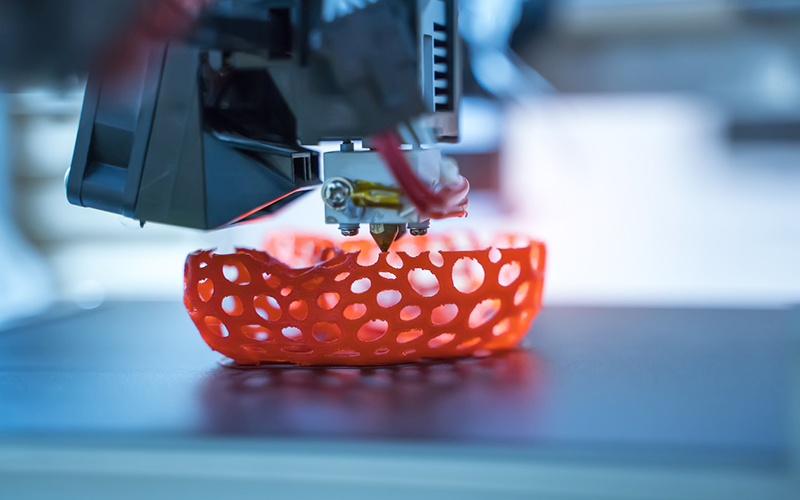Researchers from Belgium and The Netherlands offer the details of their recent study ‘ Makers in Healthcare: The Role of Occupational Therapists in the Design of DIY Assistive Technology ,’ exploring the benefits of 3D printing in clinical practice.
.
Assistive technology, usually offered to disabled individuals, allows for the completion of tasks that may be otherwise extremely difficult. As 3D printing enters the equation, users are able to take advantage of greater affordability and accessibility to extremely progressive technology, speed in production, and the ability to create customized treatments and devices for patients.
.
With the ability to share designs as open-source, clinicians like occupational therapists (OTs)—and designers around the world working in a wide range of applications—can collaborate in both technique and creation of devices. Historically, OTs have used conventional techniques like knitting and woodworking to make assistive technology. Because such products require great customization, the researchers note that […]
Case Study: How PepsiCo achieved 96% cost savings on tooling with 3D Printing Technology
Above: PepsiCo food, snack, and beverage product line-up/Source: PepsiCo PepsiCo turned to tooling with 3D printing...





0 Comments